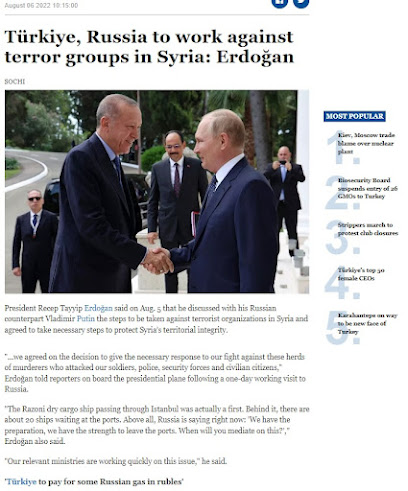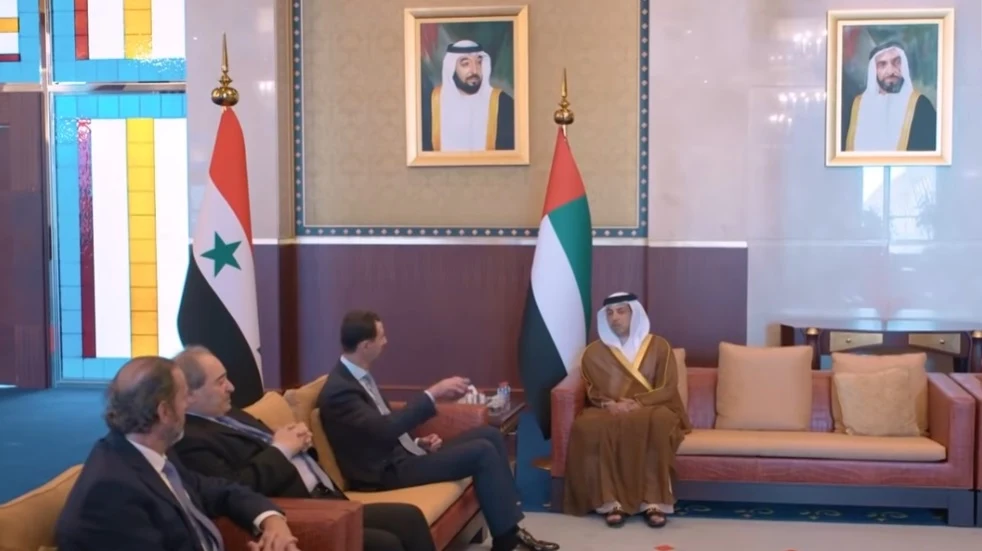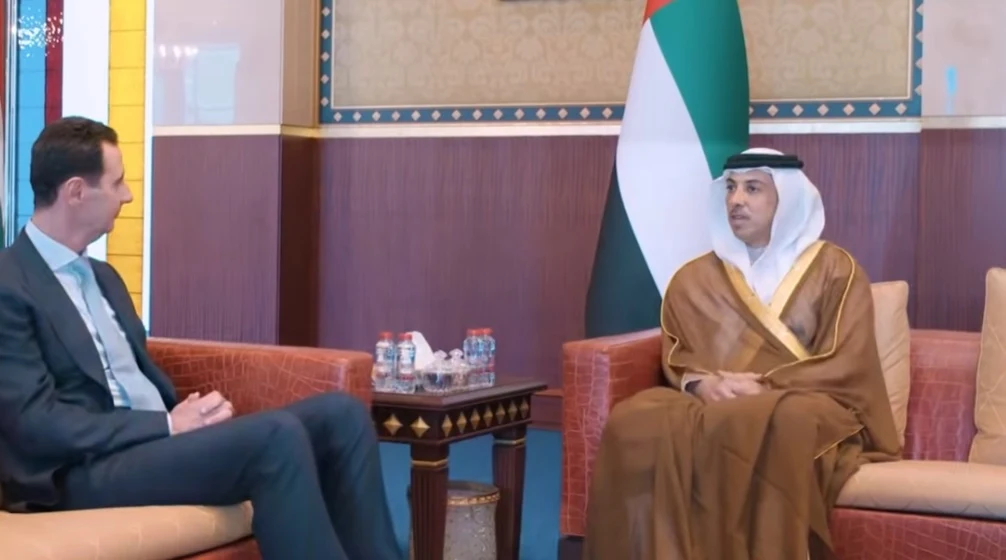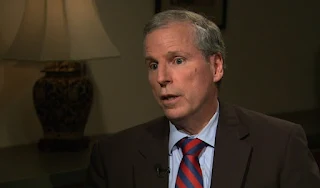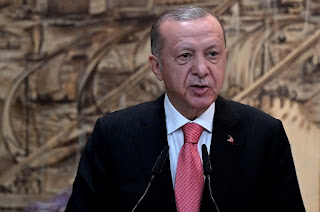
Erdogan: America and the coalition are fueling terrorism in Syria, and dialogue with Damascus is not excluded
Turkish President Recep Tayyip Erdogan said on possible talks with Syria that "states can never rule out political dialogue and diplomacy."
The Turkish TRT channel quoted Erdogan as saying that "his country has no ambitions in Syrian territory," and said that "the Syrian people are our brothers, and their territorial integrity is important to us."
He added, "The United States of America and the coalition forces are the feeders of terrorism in Syria in the first place. They have done so relentlessly and continue to do so."
Pointing out that "we must take advanced steps with Syria, through which we can spoil many schemes in this region of the Islamic world."
Erdogan stressed, according to Anatolia, that Turkey "has no ambitions in Syrian territory, and Damascus must understand this well," noting also that Ankara "has always been supportive of a political solution and dialogue in Syria."
The Anatolia news agency quoted Erdogan as saying, "We do not care about the issue of Assad's defeat or not being defeated," expressing a position in this context, saying: "We have always been part of the solution in Syria."
This comes at a time when the northern countryside of Aleppo is witnessing a remarkable military escalation, through an exchange of shelling between the Turkish army and the "Syrian Democratic Forces", which led to the martyrdom of civilians and members of the Syrian army deployed in the area, as a result of a raid by a Turkish fighter on Tel Jarqali. , west of the city of Ayn al-Arab.
Cities and towns in the border strip are witnessing frequent Turkish bombardment, under the pretext that the SDF did not withdraw to a distance of 30 km, according to the Sochi Agreement, which led to the deaths and injuries, and the displacement of dozens of families from their villages and towns.
On the other hand, the Turkish president said regarding relations with Egypt: "We are united by the Egyptian people as brothers. There can be no disagreement with the Egyptian people. For this reason, we need to establish this peace there as soon as possible."
It is noteworthy that Erdogan's statements came during his one-day visit to Lvov, during which he met with Ukrainian President Volodymyr Zelensky, at the Potochki Palace, in the presence of United Nations Secretary-General Antonio Guterres.









